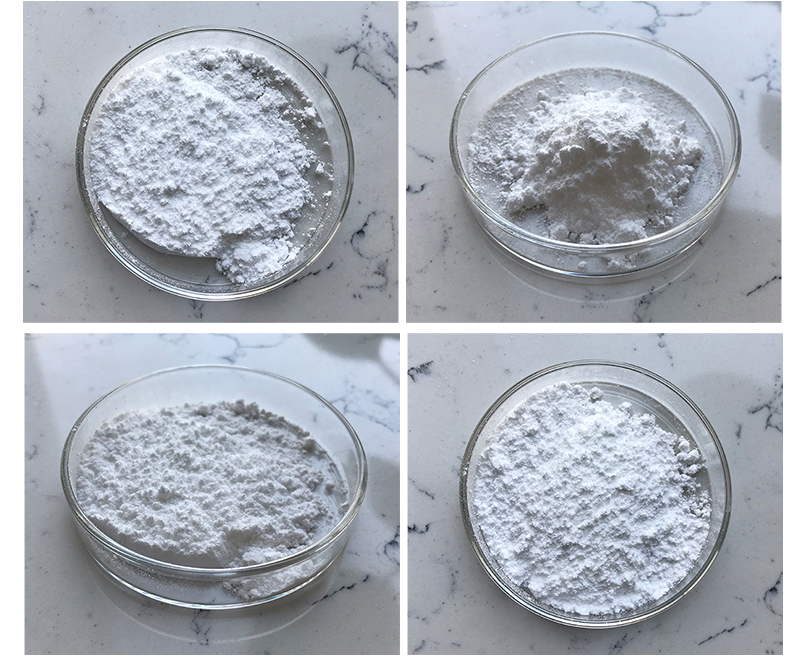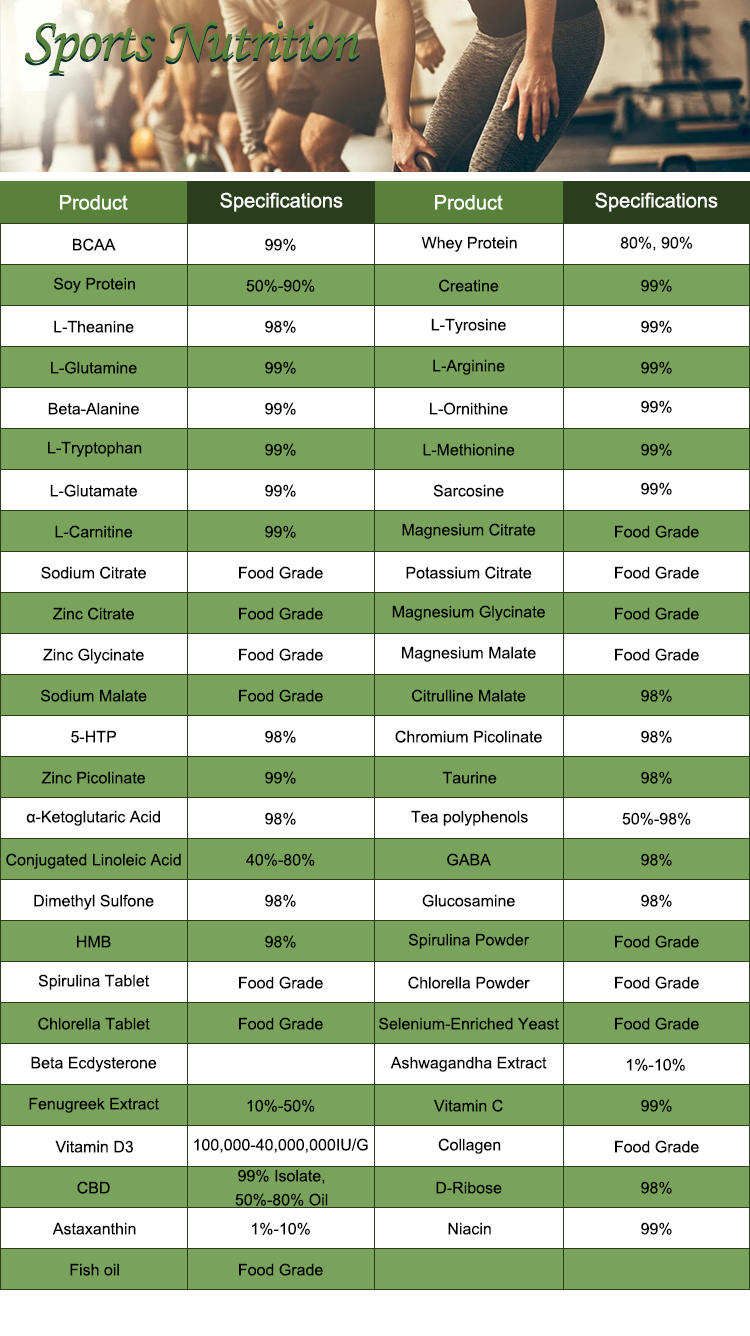L-Arginine is an amino acid, one of the building blocks of proteins. It is considered a semi-essential amino acid, meaning the body can produce it, but supplementation may be necessary under certain conditions.
Basic Ingredients of L-Arginine in Supplements:
- L-Arginine: The primary active ingredient, typically in its free-form amino acid state.
- Binders and Fillers (in tablets/capsules): Such as cellulose, magnesium stearate, or silicon dioxide.
- Flavors/Sweeteners (in powders): If it is a flavored supplement, it might include natural or artificial flavors, stevia, or sucralose.
- Stabilizers: Ingredients like citric acid or malic acid to maintain pH stability.
- Other Amino Acids (optional): Some formulations might include complementary amino acids like L-citrulline.

If you’re referring to natural dietary sources of L-Arginine, it is naturally found in:
- Meat (e.g., chicken, beef, pork)
- Fish (e.g., salmon, tuna)
- Dairy products (e.g., milk, cheese, yogurt)
- Nuts and seeds (e.g., peanuts, almonds, sunflower seeds)
- Legumes (e.g., chickpeas, lentils)
Let me know if you’d like further details!
L-Arginine- Reduces Blood Pressure
L-Arginine, an amino acid, is often associated with benefits for cardiovascular health, including the potential to reduce blood pressure. It works primarily by being a precursor to nitric oxide (NO), a molecule that helps relax and dilate blood vessels, improving blood flow. Here’s how it might help with blood pressure:
How L-Arginine Lowers Blood Pressure
- Nitric Oxide Production: L-arginine is converted into nitric oxide in the body, which relaxes the smooth muscles of blood vessels, leading to vasodilation and reduced blood pressure.
- Improved Endothelial Function: It supports the health of the endothelium (the inner lining of blood vessels), which plays a critical role in maintaining vascular health.
- Reduced Vascular Resistance: By relaxing blood vessels, it reduces the resistance the heart faces when pumping blood, thereby lowering blood pressure.
Evidence
Studies suggest that L-arginine supplementation can have a mild but statistically significant effect on lowering blood pressure, particularly in people with mild hypertension. However, its effects might not be as strong or consistent as prescription medications.
Recommended Dosage
- Typical doses for cardiovascular health range from 3–6 grams per day, often divided into multiple doses.
- Dosage should be discussed with a healthcare provider to ensure safety and efficacy.

Considerations and Risks
- Side Effects: High doses may cause gastrointestinal discomfort, diarrhea, or bloating.
- Drug Interactions: L-arginine can interact with medications for blood pressure, erectile dysfunction, or anticoagulants.
- Not for Severe Heart Conditions: It may not be suitable for individuals with severe cardiovascular issues without medical advice.
If you are considering L-arginine for blood pressure, it is essential to consult a healthcare provider to ensure it is appropriate for your specific needs.
